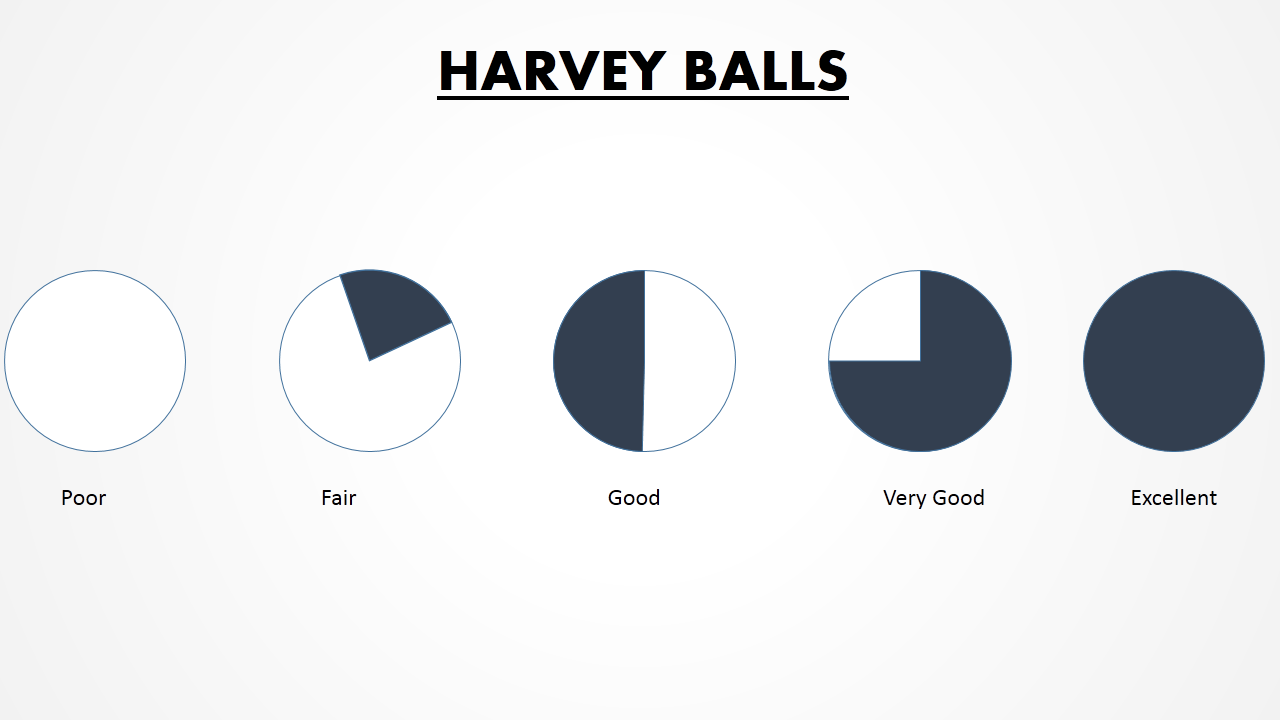Globally, approximately 3 million people relocate to cities each week, as there has been widespread adoption of the Internet of Things (IoT) in smart cities (IoT Smart cities).
Let’s first commence with what Smart cities are.
What is a Smart City?
An urban region that uses technology to provide its citizens with better living and working conditions is referred to as a "smart city."
Smart cities have the objective of using data and technology to:
-
Raise sustainability:
By encouraging the use of renewable energy sources, reducing waste, and lowering energy consumption, smart cities aim to become more sustainable. This can improve cities' perseverance and assist in reducing the effects of climate change.
-
Improve citizen quality of life:
It raises people's standard of living in a number of ways. For instance, by utilizing data and technology, they may improve the following:
Public safety:
By identifying possible security risks, following criminal behavior, and keeping an eye on emergency response times, IoT-enabled sensors and cameras can contribute to an improvement in public safety.
Education:
Through improved connection and resource efficiency, the Internet of Things in smart cities is revolutionizing education. As it allows children to have individualized learning experiences, efficient student transportation, and real-time safety monitoring. With all this, IoT lowers expenses, enhances security, and provides students with a more engaging and dynamic learning environment.
Healthcare services:
Public health officials utilize the data from these applications—which include tracking health trends, detecting environmental risks, and monitoring air quality—to create policies that will enhance the health of their citizens.
Also, they may facilitate citizens' access to information and involvement in government affairs.
-
Enhance the provision of basic services:
Smart cities are able to proactively manage vital resources like electricity, water, and transportation by utilizing technology like the Internet of Things (IoT), artificial intelligence (AI), and big data analytics. This leads to considerable cost reductions as well as waste reduction and improved efficiency in satisfying fundamental human requirements.
-
Economic Development:
By drawing in new businesses and generating employment, they promote economic development. Additionally, IoT can increase the effectiveness of currently operating enterprises, which will benefit the local economy.
On the whole, smart cities are a means of developing more livable, efficient, and sustainable urban areas that can accommodate the requirements of their residents both now and in the future.
Future Prospects of IoT Smart Cities
It is anticipated the many IoT uses and benefits assist governments in efficiently managing public services, infrastructure, and transportation. The execution of smart city initiatives results in similar favorable consequences, such as enhanced resource efficiency, eco-friendliness, decreased energy usage, and safer urban settings.
These projects are made possible in large part by IoT capabilities, which are predicted to continue to expand and advance in the coming years. Also, IoT technology will assist local governments and residents more and more as more towns across the world implement it.
Conclusion
A smart city is a local government that makes use of information and communication technology (ICT) to boost public information sharing, boost operational efficiency, and enhance the standard of citizen welfare and government services.
Although there are differences in particular definitions, the general goal of a smart city is to use data analysis and smart technology to improve the quality of life for its residents while maximizing civic operations and stimulating economic growth.
Click here to get a free IoT Smart Cities PPT.
FAQs on IoT Smart cities
Q: What are some examples of successful innovative city initiatives using IoT?
Examples include Barcelona, which uses IoT for smart parking and waste management, and Singapore, which employs IoT for traffic management and environmental monitoring.
Q: How can businesses and startups get involved in developing IoT solutions for smart cities?
Businesses can partner with local governments, offer IoT-based services or solutions, or participate in public-private partnerships to contribute to developing innovative city initiatives.
Q: What is the future of IoT in smart cities?
The future of IoT in smart cities is promising, with ongoing technological advancements and increasing urbanization. IoT will continue to play a pivotal role in improving urban living.





 Customer Reviews
Customer Reviews



















